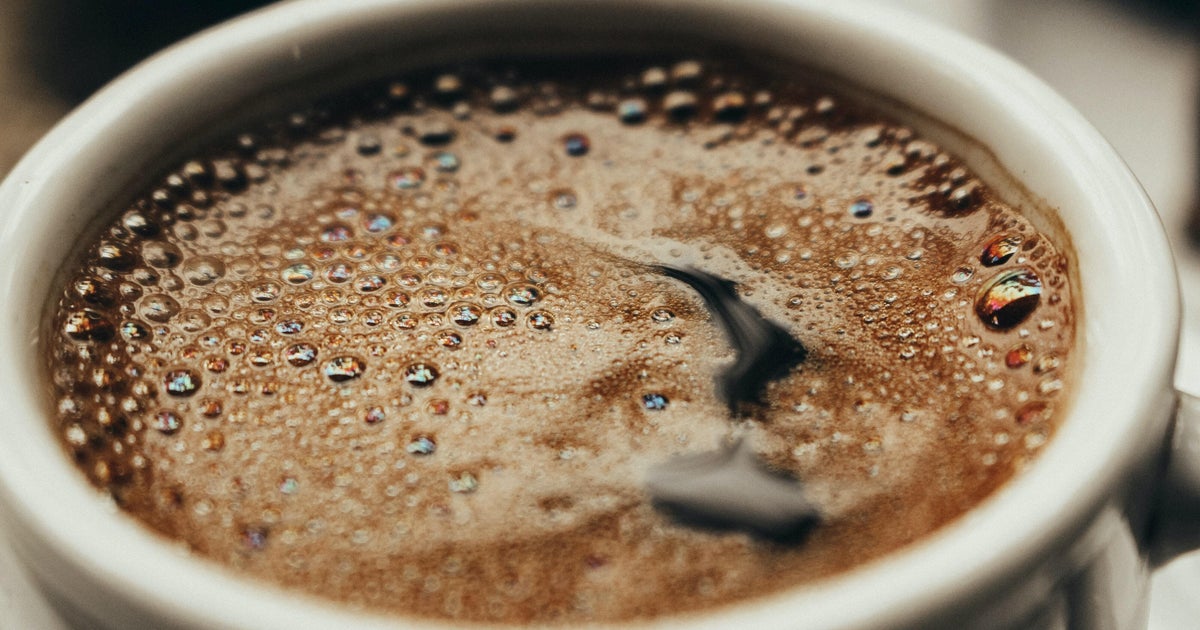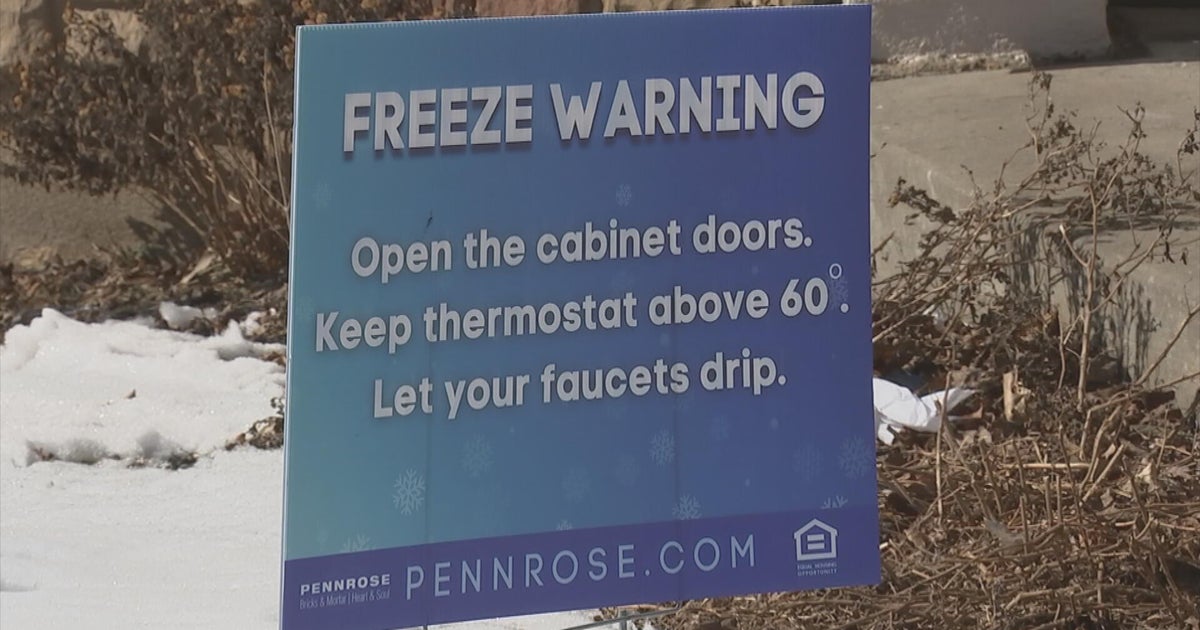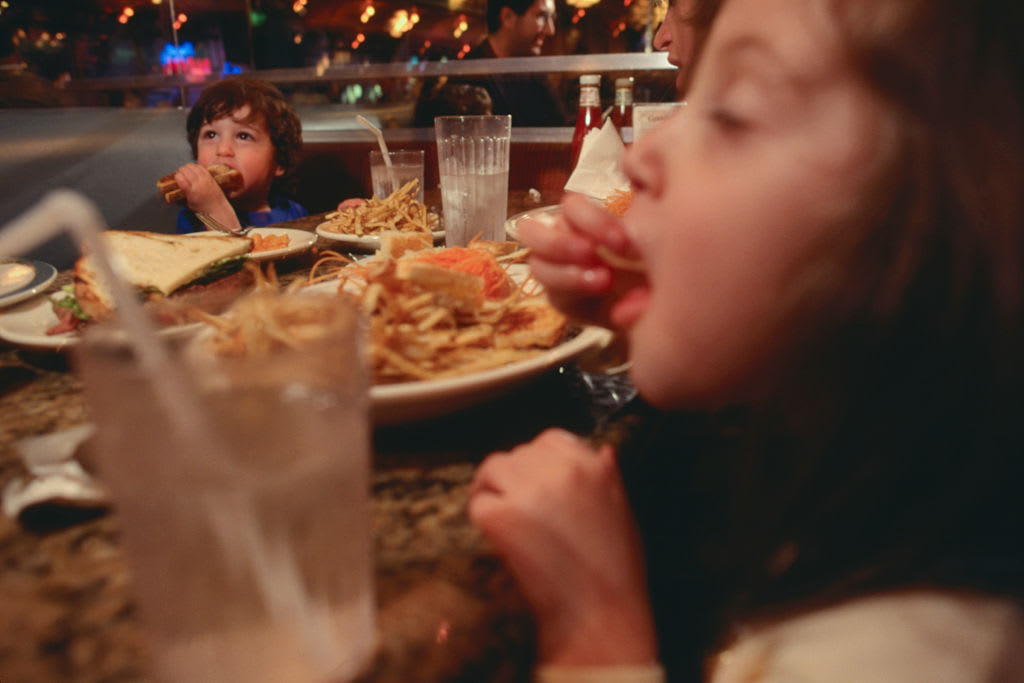Hitting an afternoon slump? Here's why you shouldn't reach for caffeine — and doctor-approved alternatives
It can be tempting to reach for a caffeinated pick-me-up when you've hit an afternoon slump — but experts say grabbing that extra cup of coffee, soda or an energy drink could cause more harm to your sleep schedule than good.
While a welcome jolt of caffeine may seem like the solution to your afternoon sleepiness, it can also keep a cycle of irregular sleep going.
"You think 3 or 4 o'clock isn't that late in the day that it's going to impact your sleep later that night, but it does — and I've seen that time and time again with patients," says Dr. John Whyte, a physician, author and chief medical officer of WebMD.
This is due to caffeine's long half-life, he explains, which people often forget about.
The half-life of caffeine — or the amount of time it takes for half the dose to leave the body — is about five hours for most people, according to the Centers for Disease Control and Prevention, but can remain in your system longer.
"So if you're having (caffeine) at 4 o'clock or 3 o'clock — at 7 o'clock, 8 o'clock you're still having caffeine in your body and it can still be impacting you," Whyte says. "People don't think 3 (or) 4 o'clock matters, but it does. ... If you can find those kind of pick-me-ups that aren't caffeinated, that's going to benefit you overall in the long run."
What are some of the caffeine-free options for an afternoon energy boost? Whyte shared a few of his favorites:
Napping for your afternoon slump
"A cat nap, taking something that's 15 to 20 minutes, can actually make you more refreshed, more restored, make you more alert," Whyte says. "You're not going into REM sleep, where you're having dreams, but really just allows you to reset."
He adds, "There's been a lot of data recently about daytime naps."
Timing of your short nap is also important to avoid negatively impact your sleep. Whyte advises your nap should happen before 3 or 4 p.m.
And while a so-called "coffee nap" — having a little caffeine before dozing off — can be helpful in certain circumstances, Whyte says it's best to avoid this strategy for afternoon slumps since caffeine this late in the day (with or without a nap) can still impact your sleep later on.
Swap coffee for gum or the right kind of snacks
Data suggests that chewing gum can make you more alert, Whyte says.
"You're stimulating all these facial muscles by chewing, so you're actually going to increase blood flow to your brain. That's what we think is going on, and some imaging studies have shown that," he says.
Whyte admits he has also reached for processed, high-in-sugar snacks when needing an afternoon boost — but he doesn't advise it.
"What happens after you have that Snickers bar or after you have that lemonade, you feel refreshed because your blood sugar has gone up 20 to 30 minutes later. The problem is, 45 minutes (to) an hour later, it crashes," he says. "I wish more people would try carrots and hummus and other things in the afternoon, which we don't do. But we should be trying that healthy snack that's not loaded with sugar."
Try moving your body
Getting up, even for five minutes every hour, instead of sitting for three to four hours at a stretch — which "we have all been guilty of," Whyte admits — can help increase blood flow and alertness.
"When we sit so long, everything starts to pool just a little bit on a microscopic level," he says. "And when we start to move, we start to get those veins operating, blood flowing through the arteries, (it) increases oxygen, increases blood flow. That's all a good thing in terms of alertness."



